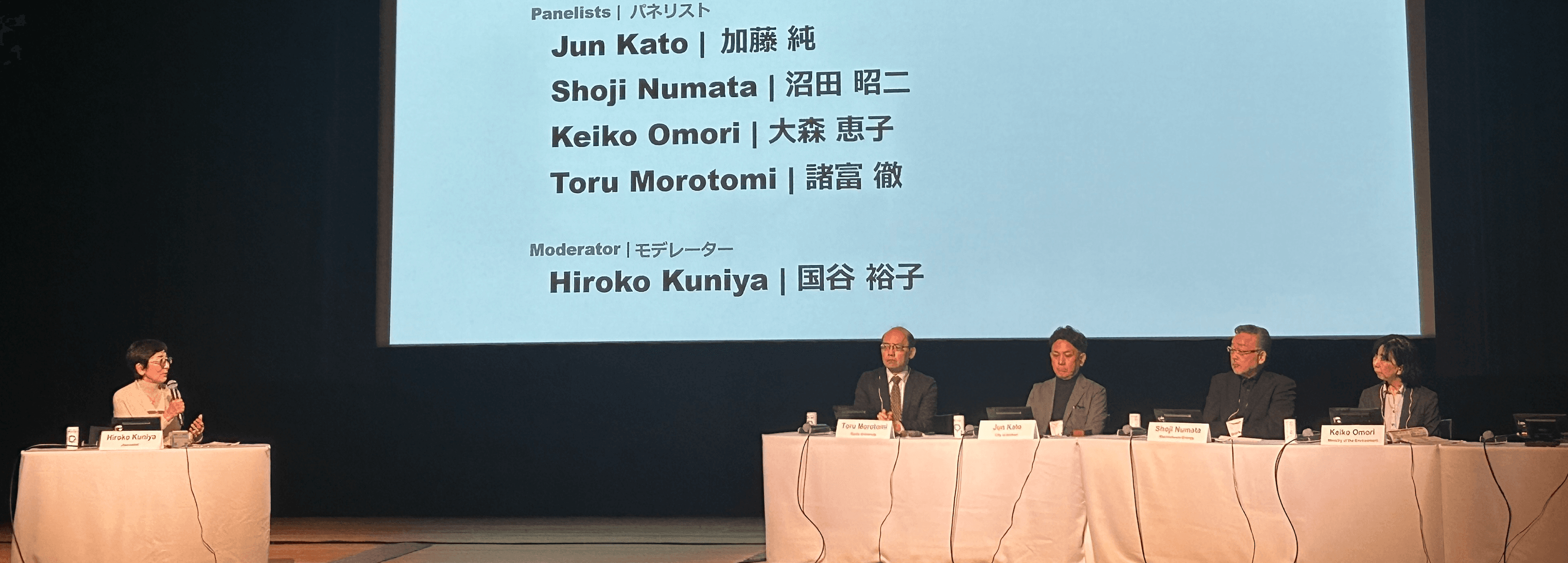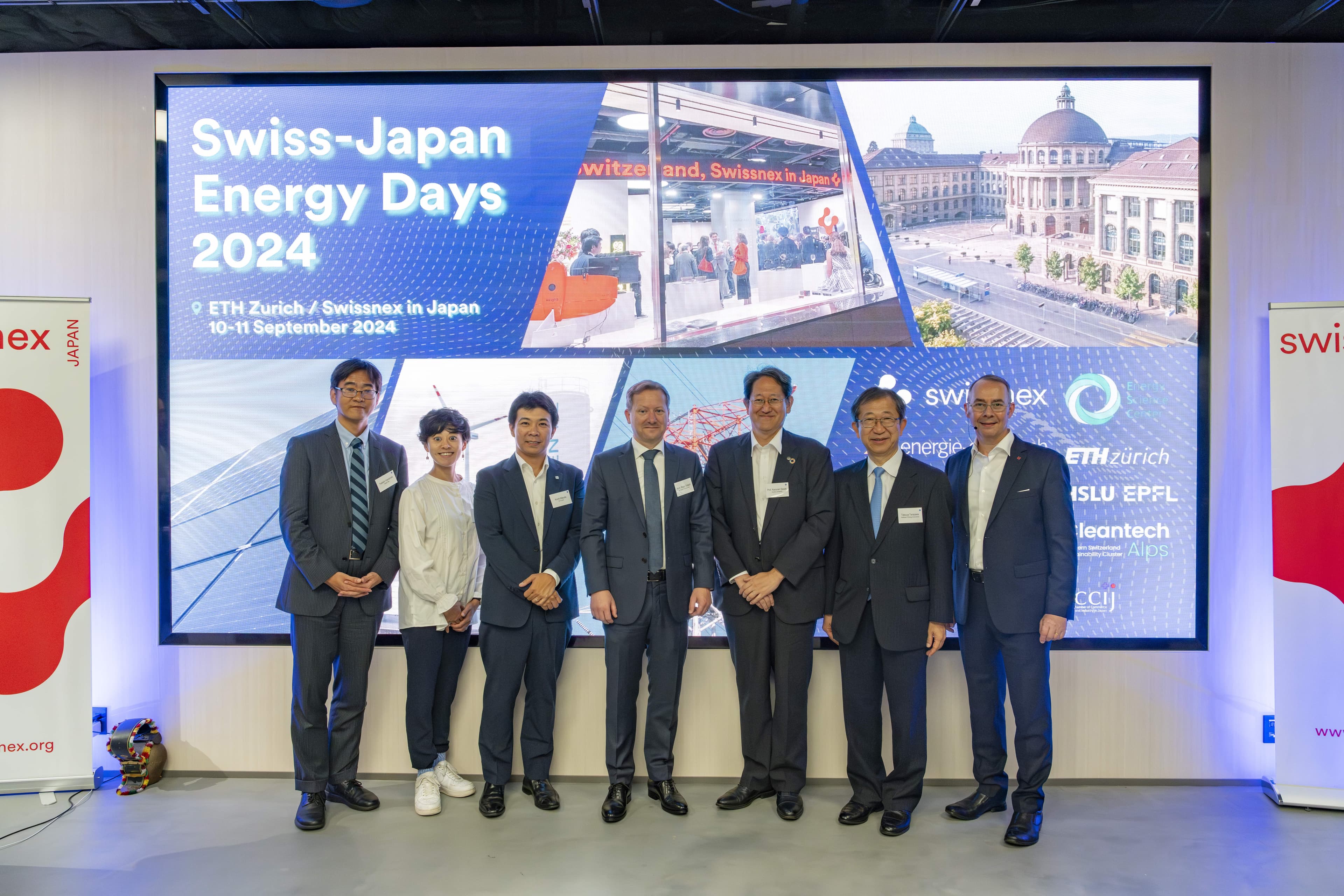The Japan Climate Initiative (JCI) has taken a bold step in the fight against climate change, submitting a powerful message to the Japanese government endorsed by 216 organizations. This unprecedented move calls for a significant expansion of renewable energy and the phase-out of coal-fired power plants, marking a potential turning point in Japan's energy policy.
The message, timed to coincide with upcoming revisions to Japan's Strategic Energy Plan and Nationally Determined Contribution (NDC), represents a united front of businesses, NGOs, and other organizations pushing for transformative change in the country's approach to energy and climate action.
Notably, 71 companies listed on the Tokyo Stock Exchange Prime Market have signed on to the initiative. This includes some of Japan's most recognizable corporate names such as Sony Group, Panasonic Holdings, SoftBank Group, Rakuten Group, and NTT Data Group. Their participation signals a significant shift in the Japanese business community's stance on climate issues.
Key Points of the JCI Message
NDC and Strategic Energy Plan Alignment: JIC call on the Japanese government to make the next NDC at least 66% or higher compared to 2013 levels, which is equivalent to the Intergovernmental Panel on Climate Change (IPCC)’s 2035 global GHGs reduction of 60% compared to 2019 levels. We also urge that the 7th Strategic Energy Plan should be formulated in an integrated manner with the NDC, through wide-ranging discussions backed by scientific knowledge, in an open forum that includes the energy demand side and the next generation.
Accelerating the Energy Transition: In order for Japan to reduce GHGs by 66% or more compared to 2013 levels by 2035, Japan must achieve its international commitment as a G7 member to fully or predominantly decarbonize the electricity sector by 2035. To this end, it is essential in the 7th Strategic Energy Plan to clarify the phase-out of coal-fired power generation by 2035, as well as to maximize the improvement of energy efficiency and the introduction of renewable energy.
The motivation behind this bold stance is clear. These companies perceive a serious risk to Japan's economic future if decisive action is not taken. The signatories express a strong sense of crisis, warning that without a shift in energy policy, Japanese industries will be excluded from value chains, and we will no longer be able to protect the health, safety, and employment of the people who form the foundation of these industries.
This initiative reflects growing awareness among Japanese businesses that climate action is not just an environmental imperative, but an economic necessity. As global markets increasingly prioritize low-carbon goods and services, there's a fear that Japan could be left behind if it doesn't rapidly decarbonize its economy.
JCI is calling for a transformative year in Japan's energy policy, emphasizing the critical nature of 2024 for the country's future. This year is pivotal due to the expected formulation of the 7th Strategic Energy Plan and the next NDC for greenhouse gas reduction targets.
Source:





